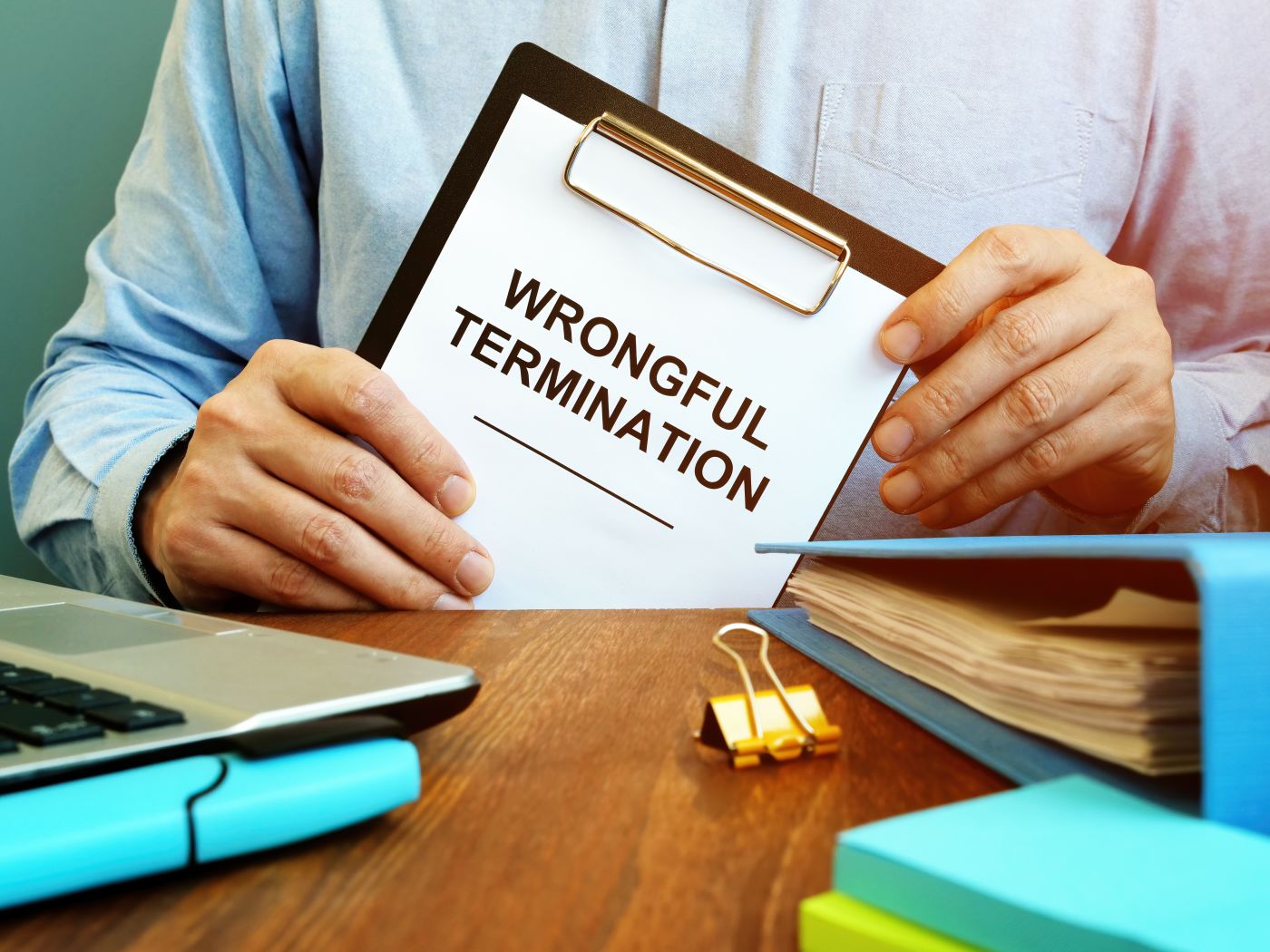With marijuana legal for both medicinal and recreational use in California, adults are pretty much free to use it as they choose, as long as they don’t drive under the influence or partake somewhere it is prohibited.
If you aren’t going to work while under the influence, it shouldn’t affect your employment, right? Not necessarily.
Despite the legalization of the drug for medicinal use in the 1990s and for recreational use in 2016, the state’s employment laws haven’t been updated to reflect that. Employers who conduct drug tests for prospective and current employees can still deny employment or terminate an employee if they test positive – even though traces of it can be found in a person’s system days after they last consumed it and long after any effects have worn off.
What would AB 2188 do?
State lawmakers are working to change that. Assembly Bill (AB) 2188 seeks to end what has been called “cannabis discrimination” in the workplace – something that’s already been done in nearly two dozen other states. The proposed law would prohibit employers (with some exceptions) from discriminating against or penalizing applicants or employees for using the drug outside of work.
The exceptions would be for employers who are required to abide by federal drug testing regulations. That’s because marijuana is still a Schedule I drug and still illegal under federal law.
Off-hours use seems to have no effect on workplace safety
One of the arguments used by some employers for testing for marijuana and taking action against those who test positive is the potential for workplace injuries. However, more than one study has shown no connection between the two.
The bill has passed the California Assembly and is now with the Senate. If it passes there, it would need to be signed into law by Gov. Gavin Newsom. It’s being positioned as anti-discrimination legislation, which could improve its chances.
It can certainly be argued that cannabis use outside of work has no more effect on a person’s ability to do their job than many types of sleep or anti-anxiety prescription medications. However, it still carries a stigma for many people. If you believe you’ve been unfairly discriminated against or terminated due to your use of marijuana in your personal life, it may be wise to seek legal guidance to assess your rights and options.




